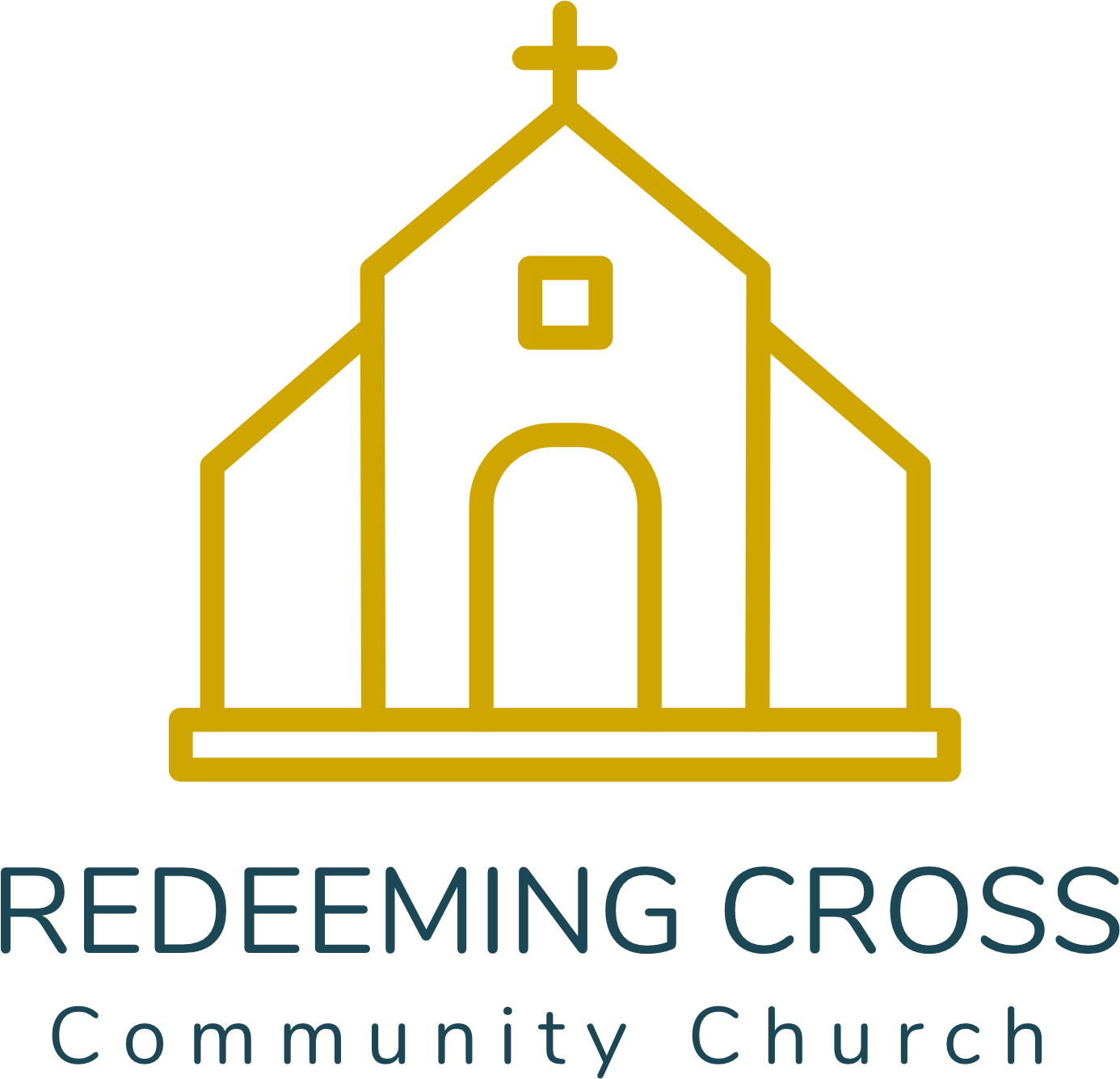What is Natural Revelation?
Natural revelation (or general revelation) is the doctrine that God reveals himself through the natural creation. He speaks through his world and through all the marvelous creatures that inhabit it, especially human beings.
The Reformed Doctrine of Natural Revelation
God speaks to mankind every day through the world he has made, making himself known to every man, woman, and child. He is evident in all things, displaying his wisdom, power, and goodness. This is why the lost are without excuse, namely, because they are rebelling against the God they know exists. When they sin, they know whose laws they break, even if they’ve never heard a word of the Bible. That’s because God has made his existence and righteous standards known to everyone, everywhere. There are no honest atheists.
How does this help Christians?
It’s easy to see how this doctrine is useful in evangelism. But it is also good teaching for the Christian life. The revelation of God is all around us. We are constantly in contact with the knowledge of him. “What is natural revelation?” you ask. Allow me to answer in the words of Mr. Tumnus. As he stood beside the lamppost with Lucy Pevensie, she asked him what Narnia was. “Well,” he said, “you’re in it.” We live our lives within natural revelation. In fact, we ourselves are God’s revelation to one another (are we not his image bearers?).
The world around us and the gifts and people with which it is filled are full of the kindness and love of God. Let us enjoy his good gifts and, through them, enjoy the great Giver himself.
What are the Means of Grace?
According to Reformed theology, the means of grace are the golden pipes through which the grace of God flows to needy sinners like us. They are the channels, or pathways, of his spiritual goodness.
The Reformed DOctrine of the Means of Grace
So what are these means of grace? The word, prayer, and the sacraments (we see this most explicitly in Acts 4:42). We receive grace through the word when we hear preaching with faith, read with a trusting attitude, sing God’s truth together, and fellowship with each other in Christ. We receive grace through prayer when we lift our souls to God, especially when we pray with one another. We receive grace through sacrament when we are baptized, and when we take the Lord’s supper together.
The Reformed practice of the Means of Grace
Put this knowledge into practice immediately. Hover about the word of God. Fellowship with other believers this week. Pray often to your Father in heaven. But most of all, show up on Sunday. Show up with faith. Show up with expectation. By all means ready thyself for serious feasting on unbelievable portions of grace for your soul. For what are the means of grace if not the paths upon which the Lord of wonders walks with the people he loves?
God Bless the Dragon Warriors
In the 2008 hit film Kung Fu Panda, the Dragon Warrior was a prophesied hero who would bring peace to the valley. When a great threat arose, Master Oogway proceeded to select the chosen one. As he motioned toward the fierce warrior Tigress, a panda dropped out of the sky (there is a backstory here involving noodle carts and fireworks) and right in front of Oogway’s pointing finger.
“The Universe has brought us the Dragon Warrior!” was the master’s surprising reaction. Scoffed at and questioned by everyone around him, Oogway’s words proved shockingly true as the rather rotund panda turned out to possess the exact qualities needed to defeat the incoming enemy. Needless to say, he was much cooler than expected.
Putting aside that unwizardly nonsense about the universe choosing anything at all, let alone fierce furry fighting phenoms, the illustration is helpful for believers. For in the same way, God has put his chosen people, and his chosen places, into our lives. Perhaps you feel unfortunate in your circle of friends and fellowship. They may not be the folks, or fields, you would choose. You may question God’s wisdom, or whether he cares at all. Who knows, they may even seem like total mistakes. God have mercy on us for ever thinking so. The only mistake possible would be us choosing our own warriors and ways.
But not to worry. With a little patience, the Christians and circumstances God has placed in your life will prove to be the very best for the very battles you face.
The Bible is Not the Only Place God Speaks to Us
The Bible is central to our relationship with God. Without it, we cannot know him, even as we cannot know each other without words. But Scripture is not the only way God communicates with us. Even in human relationships, nonverbals like facial expression, tone of voice, and physical touch, enhance verbal communication. In addition to this, the roaring success of the “love languages” super-ministry empire lets us know that there are even ways of communicating beyond these.
So too God communicates with us every day through his creation. He is constantly showing himself to us in our living experience, through the sights and sounds, and through the good and the bad. He speaks to us in the world around us, and in the good gifts which he has given us to enjoy. The Reformed tradition has called Christians to read both of God’s two great books, the Book of Scripture, and the Book of Creation. Why? Because The God of the Bible is the God of nature.
So open your eyes and enjoy God today, in his word and in his world. For he is present everywhere to us in Christ.
Do We Need to Memorize The Bible?
The short answer is yes. We are called to hide the word of God in our hearts (Psalm 119:11). But the question gets at something that can bother Christians. We read the Bible and do not even understand it all when we’re reading it, let alone remember it when we’re done. We hear sermons and do not remember what was said. Do these holy activities even benefit us?
They do! For it is not merely in the memory that we are blessed, but in the excercise of our faith upon God’s truth in the moment. For faith works itself out upon divine truth. This kind of spiritual excercise strengthens our faith, which we do carry with us wherever we go, even if we forget much of the workout.
This takes the pressure off. Be free to simply read your Bible, to simply absorb yourself in the sermon, to simply read good books. Let God’s truth wash over your mind and heart. The Lord will do his work. And you won’t help but carry the highlights with you anyway.
Maybe Today
It is said that the 19th century preacher Charles Spurgeon placed a plaque above his door—of his study or his room, I know not—which simply read, “Maybe Today.” Maybe what today? Maybe Jesus will come back today. It was for him a reminder of the imminent and sure return of his beloved Lord.
We would do well to hang such a placard upon the doors of our hearts. As we go in and out of the matters of this life, shifting our attention betwixt an endless array of topics and concerns, let us remember always our great hope that we will soon see our Lord face to face.
In fact, Maybe today.
My Lord
Jesus Christ is the Lord of the universe. In that sense, he is everyone’s Lord. He created you, he sustains you, and he directs your paths, whether you trust him or not. But he is especially the Lord of all who trust him. To them his Lordship is welcomed, embraced, and enjoyed in sweet communion with the triune God.
Friend, in what sense is Jesus your Lord? Is he merely your Creator against whom you have rebelled and upon whom you wish destruction and defeat lest he rob you of your beloved sins? Or is he your choice Lord, the sweet Shepherd of your soul, the Friend who sticks closer than a brother?
Christian, rejoice that the Lord of all is your Lord. He loves you so. He guides you with tenderness; he watches over you with strength. He is yours even as you are his. His truth is your truth. His gospel is yours by mighty experience. His commandments are your delight. His people are your people. His will is your desire. For he is truly yours.
Maximally F
In one of Thomas Aquinas’s proofs for the existence of God, he reasons that perfections which we find in creatures we find present only to varying degrees, but that in God all perfections must be and are present in their fullness. To use the no-nonsense language of the philosophers, any given perfection (symbolized by F) will be maximally so in God, who is maximally F.
Let’s consider one of God’s perfections: his mercy. He is the forgiving God who delights to do so (Mic 7:18). This attribute of God is not only the central theme of human history (Eph 1:7-10) and of particular interest in angelic circles (1 Pet 1:12), but of immense importance in our own day. Forgiveness is now the lost virtue. There is no longer any category for it. You sin, you violate the changing mandates of the day, and you’re done.
It is not so with God. He is full of forgiveness for flagrant fiends. Redemption is not only possible, it is offered freely to all through the finished work of his Son Jesus Christ. So while people increasingly withhold forgiveness from one another (they are become, according to the philosophers, minimally F), God continues to offer eternal mercy to wicked sinners like us. Because of this (and only because of this), we can forgive one another and dwell in true harmony as one in Christ.
What to Expect at a Reformed Church
By church (and if we could just square this away as niftily as can be) I mean church. AKA the assembly. The gathering. Sunday worship. Church is church, baby.
Reformed
You’ve heard of it. Maybe you find it intriguing. Perhaps you find it lofty, intimidating, or even prideful. Or you’ve never heard of it at all. But, if you were (only in our little thought experiment, of course) to attend a Reformed worship service, what would it be like?
Serious
Church is serious. What could be more serious than God? Service will be attended by serious Christians, in other words, people who very much want to be there. It will be led by people who are mindful of God’s majestic presence. It’s a serious thing to approach the living God. It’s not a game, it’s church. Would you want it any other way?
Simple
Reformed worship will be simple and straightforward. It sticks to the stuff the Bible says to do on Sunday. This tends to produce a sophisticated yet very simple worship experience. Call it simple gospel worship. You will hear God’s word, you will pray God’s word, you will sing God’s word, and you will partake of the Lord’s Supper. The whole Christ will be presented from the whole Bible to the whole room. Jesus will be easily found everywhere.
Sublime
The loftiness of God will be evident in a Reformed service, but this loftiness will be seasoned with joy. It is the gladness of those who know their Heavenly Father’s embrace. They are certain of it. You will see views of God’s overflowing goodness to you that will take your breath away. “What is Reformed worship?” you ask. It is heaven ahead of time.
The Best
“Beside our doors are all choice fruits.” Canticles 7:13
Suppose you are hosting a special guest, for whom you have saved a special drink. Perhaps your guest doesn’t know how much you favor them and feels left out when you distribute lesser beverages to others first. But when you bring out that choice bottle, you may assure them of your favor by saying something like, “For you, only the best.”
We are so prone to feel left out. But in Christ that is rubbish. In him we are never left out. He knows what he has for us and he just wants us to be convinced that he is as good to us as he says he is. To feel left out by God is, in the end, a matter of unbelief. Faith sings a different tune: Whatever my Lord brings me, it will be the best of the best.
Why does he give us the best things? He gives us the best to make us the best, the very best us. All that he gives, he gives to make us grow. Isn’t that his great work in our lives, to make us like him? Dear Christian, know that the things in your life are there by God’s perfect design for you. They are the choice things of his love.










